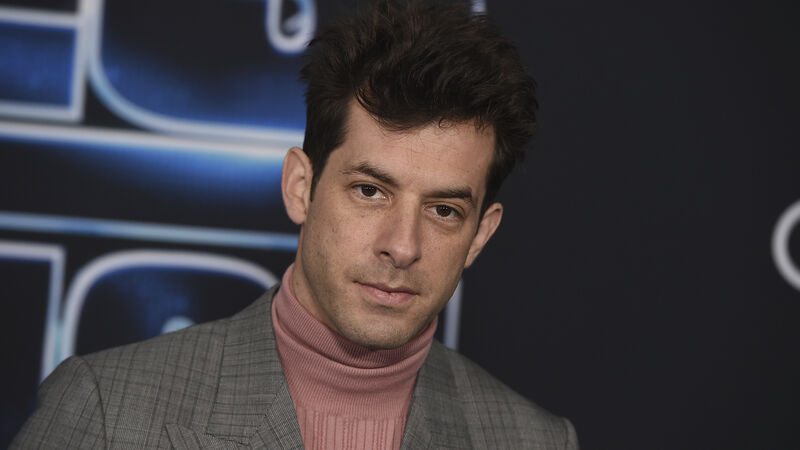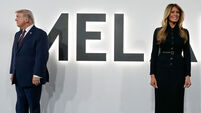Jennifer Horgan: From infidelity to conflicts of interests, our infinite choice culture has us all in a heap

DJ Mark Ronson recently reminisced about the time he had to select the physical records to bring with him to the club. File Picture: Jordan Strauss/AP















